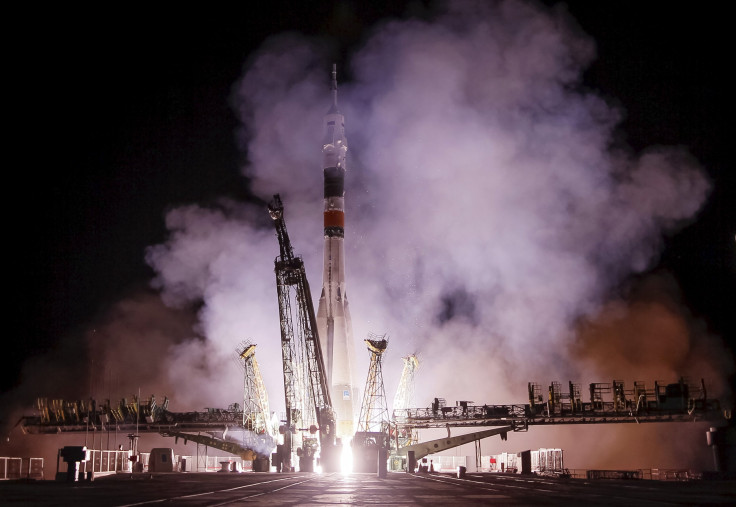Arianespace Soyuz Mission Complete For Liftoff With Launch Of Galileo 9 And 10 Satellites 'Alba' And 'Oriana'

Arianespace is all set for its fifth Galileo launch of two navigation satellites. The European Galileo 9 and 10 satellites named "Alba" And "Oriana" are scheduled to be launched on Thursday from the Soyuz Launch Complex (ELS) in Sinnamary, French Guiana.
With the launch of the two navigation satellites, the total number of satellites in the Galileo global navigation system will reach 10. The Russian Soyuz ST-B launcher will put the two satellites into the circularly medium-Earth orbit, or MEO.
The approval to launch the satellites at night time was given at the conclusion of the Launch Readiness Review, which took place on Wednesday. The review verified the “go” status of the Soyuz, the two Galileo satellite passengers, the infrastructure of the Spaceport and the network of the downward tracking station.
According to the payload lift performance detailed in the press release by Arianespace, the “designated Flight VS12 in Arianespace's launcher family numbering system - will be approximately 1,600 kg., which includes the two 715-kg.-class satellites and a dispenser system that will release the satellites at nearly 3 hrs., 48 min. after liftoff."
The liftoff is scheduled to take place at 11:08:10 p.m., local time in French Guiana. The powered phase of Soyuz' lower three stages will last for about nine minutes, followed by two burns with the Fregat upper stage.
The Galileo project is being carried out on the behalf of the European Commission. The project is under a contract with the European Space Agency (ESA). The satellites currently in orbit are fully operational and are designed to stay under operation for more than 12 years.
The Galileo system is meant to provide navigation, timing and positioning system in the hands of the civilians. The satellites in the system are designed to interoperate with the U.S. GPS and Russian Glonass global positioning systems.
© Copyright IBTimes 2025. All rights reserved.





















